Manchester Arena attack: Police 'failed to co-operate' in training
- Published
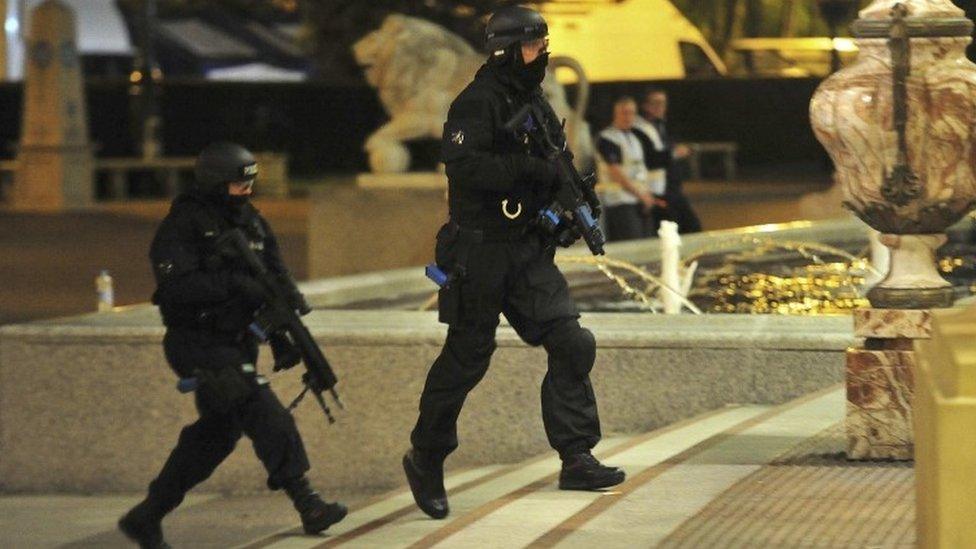
Mr Fletcher said GMP caused a long delay to the fire service entering an exercise in 2016
Greater Manchester Police "left after doing their bit" in terror training exercises held prior to the Manchester Arena bombing, an inquiry has heard.
Former fire service group manager John Fletcher told the Manchester Attack Inquiry he had "strong words" with the force over its lack of co-operation.
He said after threats were neutralised, officers did not help with casualties.
He added that the force had also caused a long delay to the fire service entering an exercise in 2016.
The inquiry was told about a number of training exercises that were held in the years before the attack on 22 May 2017, which saw 22 people killed and hundreds more injured when a bomb was detonated in the foyer of Manchester Arena after a concert.
'Refused to yield'
Mr Fletcher, who worked for 18 years on contingency planning for major incidents for Greater Manchester Fire and Rescue Service (GMFRS), said the exercises were to test how emergency services worked together.
He said they had shown Greater Manchester Police (GMP) focused on their role in isolation and the force "left after doing their bit".
He agreed he was disappointed that exercises designed to test co-operation saw police officers disengage after neutralising any threat, rather than turning to help fire and ambulance staff with casualties.

Twenty-two people died in the attack and hundreds more were injured
He told the inquiry after an exercise in January 2014, he and his colleague at North West Ambulance Service had had "strong words" with GMP about their lack of multi-agency co-operation, but the same thing had happened at another exercise later that year.
He said GMFRS had continued with that exercise and "refused to yield", so they could test their capabilities fully, but "quite a few" police officers were "walking through, who weren't really paying attention to the elements we were doing".
He said at a training exercise at the Trafford Centre in May 2016 - known as the Winchester Accord - the police inspector in the inner cordon would not allow fire and ambulance services inside, which caused a one-and-a-half hour delay in firefighters attending.
He added there was a general "lack of understanding" in what the fire service could provide.
'Tidal wave'
A former GMP inspector then told the inquiry it had been clear long before the bombing that a likely point of failure in the event of a big terror attack would be the role of the force duty officer (FDO), because they had too much to do.
David Whittle, who conducted firearms training for 20 years, said the duty officer role was an "impossible task" and it would feel to the person fulfilling it "almost like being hit by a tidal wave".
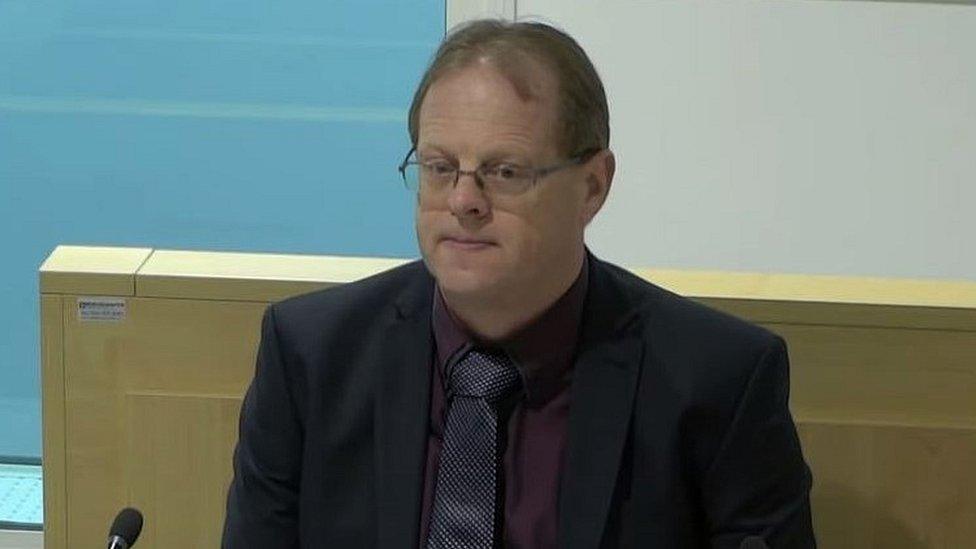
John Fletcher said he had "strong words" with GMP after a training exercise but nothing changed
However, the inquiry heard that weeks before the bombing, he increased the number of tasks for the FDO in the event of a marauding terrorist firearms attack.
He said he had done so because those were "the duties that must be discharged" by the FDO, adding: "That's not saying the FDO was responsible for doing all of them personally, but they are responsible for ensuring these things occur."
There was no mention in the plan for who should help the FDO in completing their list of duties, but it would be left to individual commanders to decide, he added.
The inquiry has previously heard that the police inspectorate warned in November 2016 that "an over-reliance" on the FDO could see them overwhelmed.
The inquiry continues.

Why not follow BBC North West on Facebook, external, Twitter, external and Instagram, external? You can also send story ideas to northwest.newsonline@bbc.co.uk
- Published16 February 2021
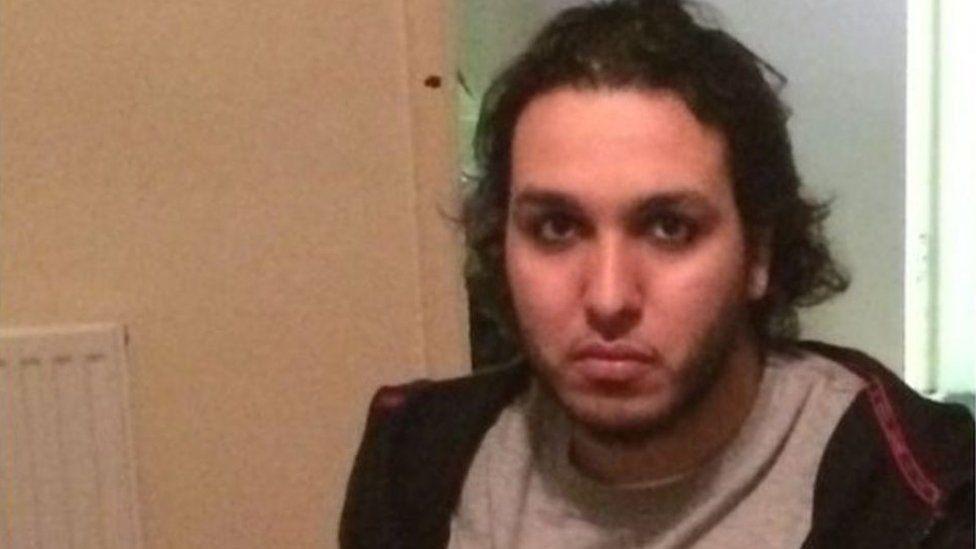
- Published12 February 2021
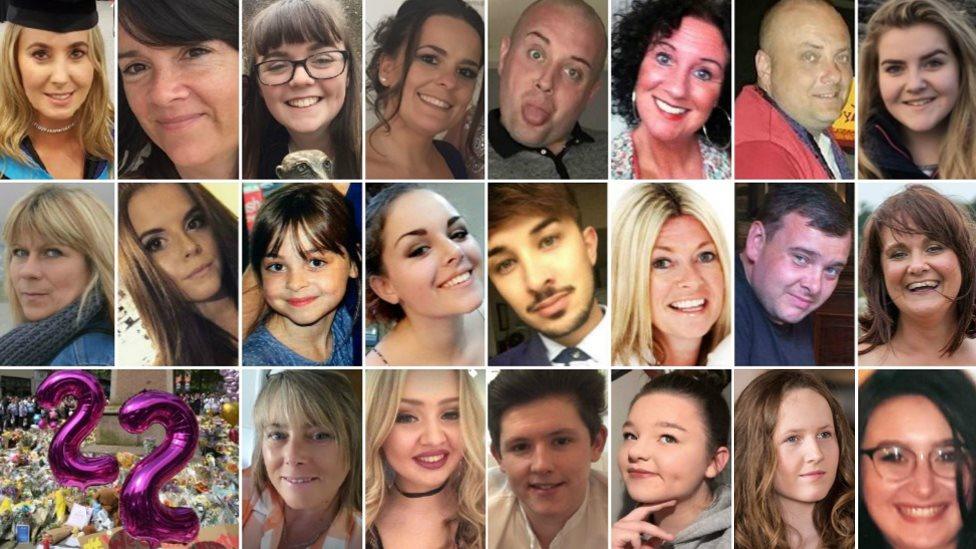
- Published10 February 2021
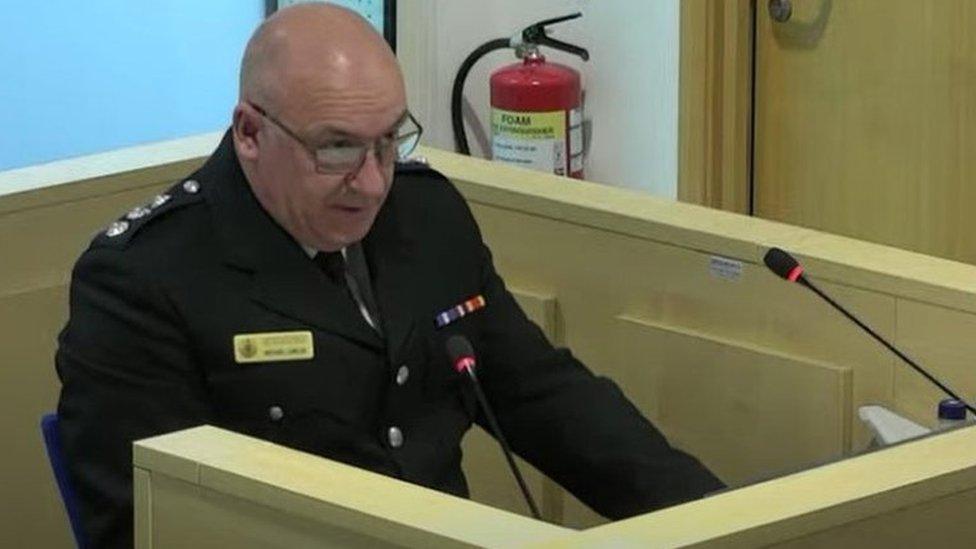
- Published24 July 2020

- Published13 July 2020

- Published9 July 2020

- Published13 June 2020

- Published21 April 2020
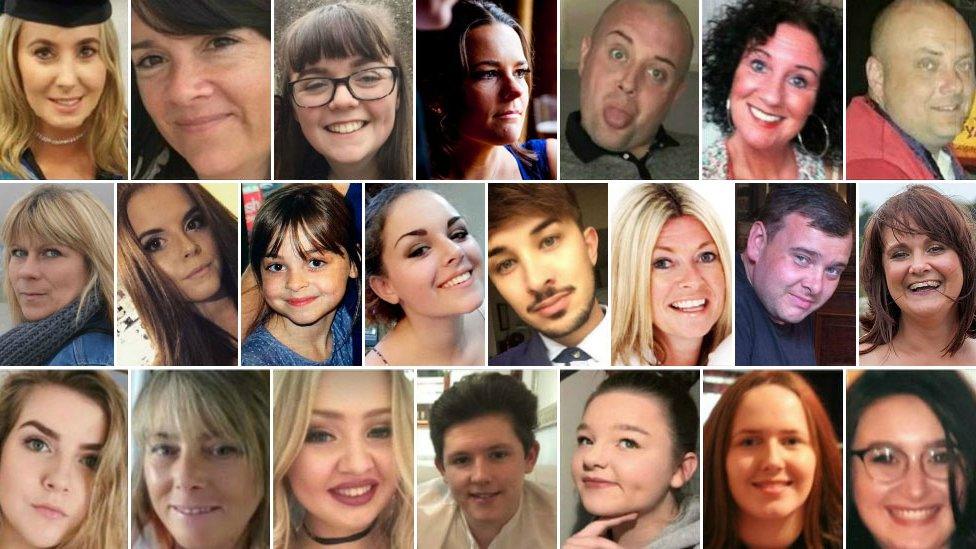
- Published7 April 2020

- Published28 January 2020

- Published17 March 2020
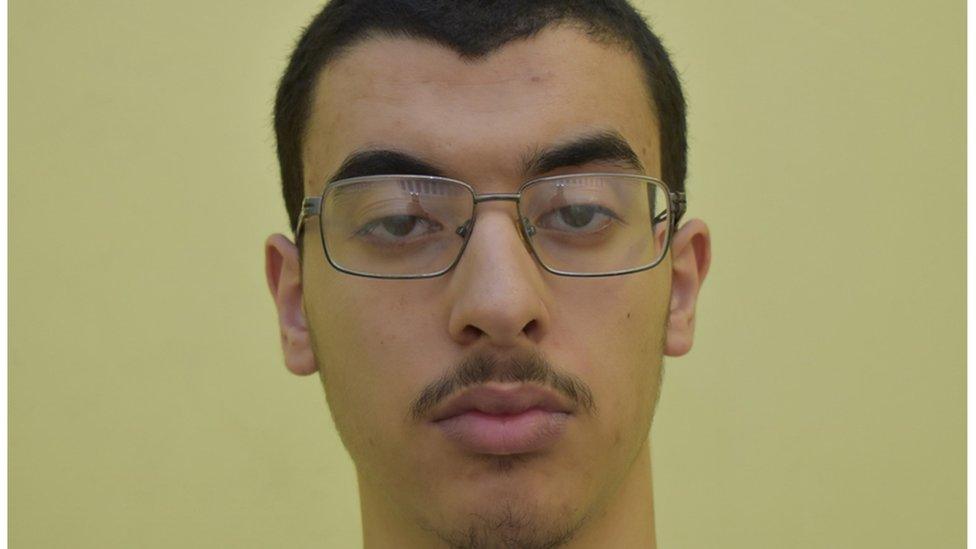
- Published17 March 2020
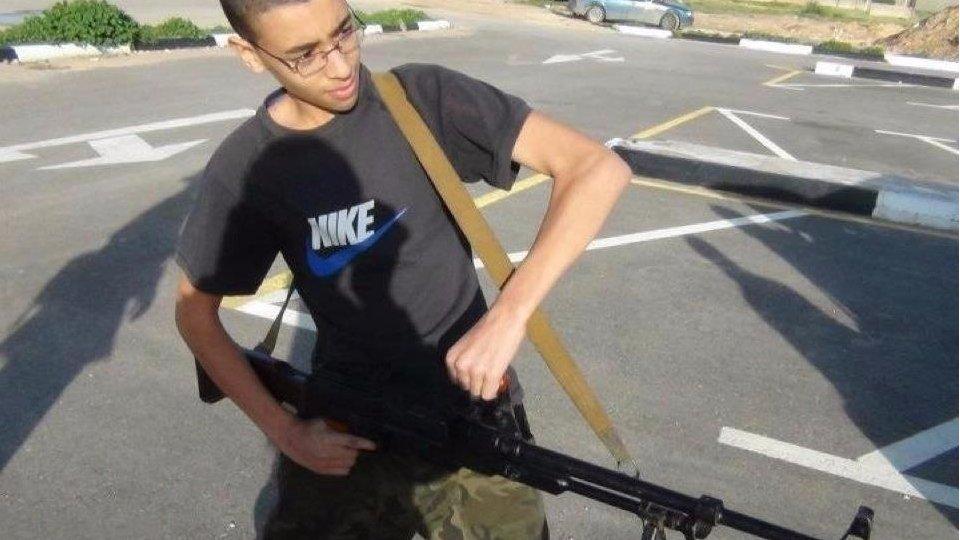
- Published3 November 2022
